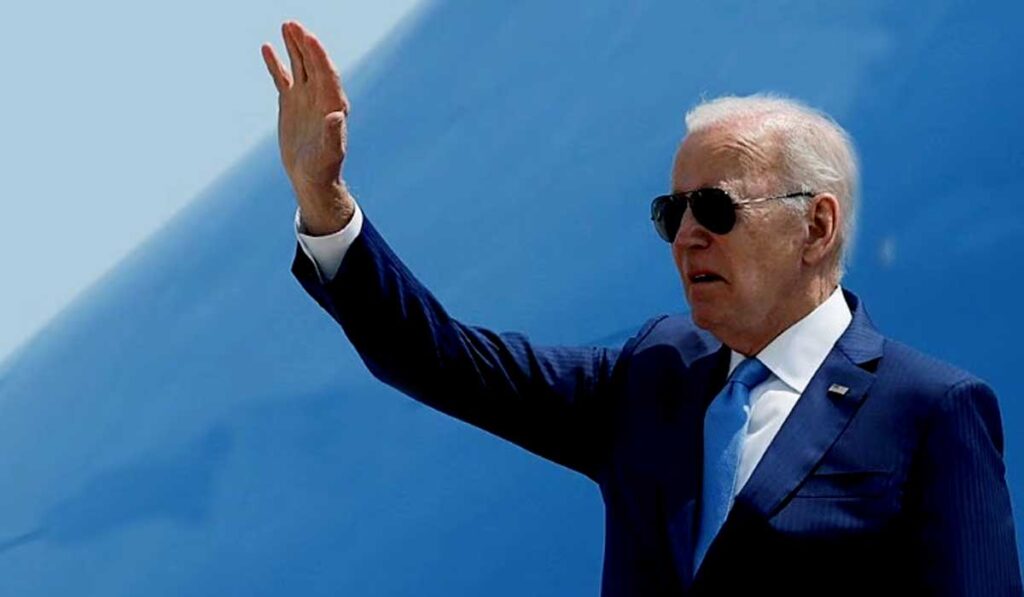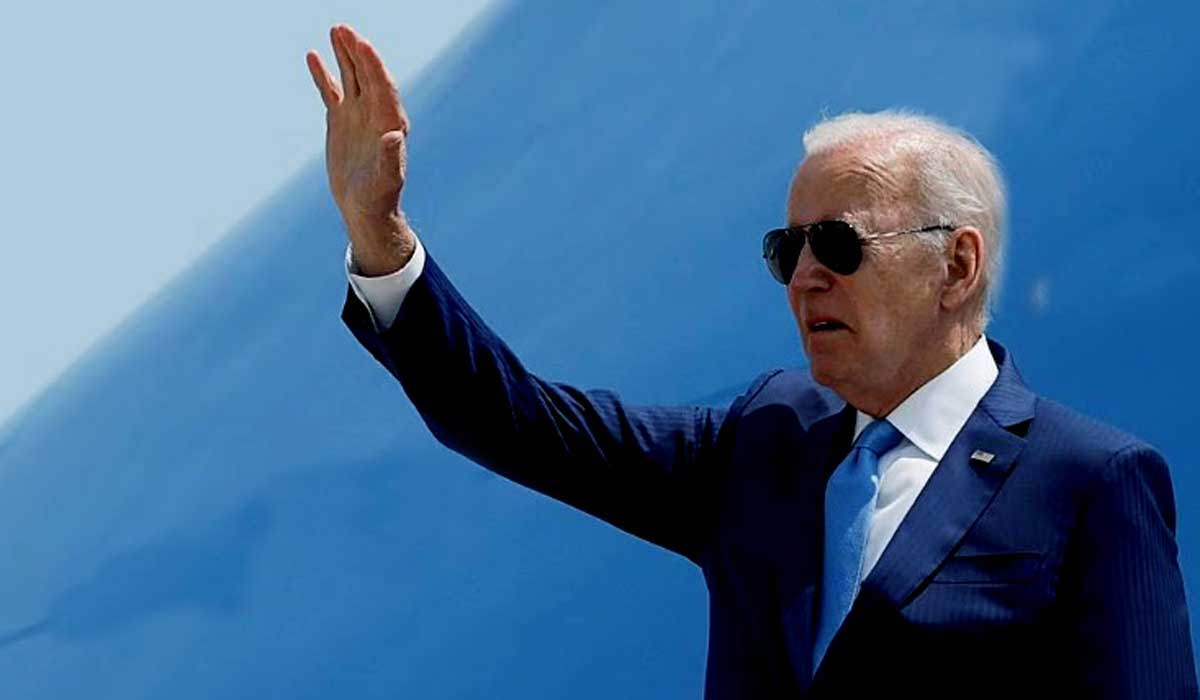Striking a Balance: Unveiling the Biden-McCarthy Debt Ceiling Deal

Biden and McCarthy Negotiate Debt Ceiling Deal: What’s In and What’s Out?
In a significant development on the fiscal front, President Joe Biden and House Minority Leader Kevin McCarthy have engaged in negotiations regarding the impending debt ceiling issue. This article delves into the details of the ongoing discussions, highlighting the elements that are included and excluded in the potential deal.
The debt ceiling, a legal limit on the amount of debt the U.S. government can accumulate, has become a recurring issue that requires bipartisan cooperation to avoid a potential default. With the deadline looming, Biden and McCarthy have embarked on discussions to find a mutually acceptable resolution.
The negotiations between the Biden administration and McCarthy hold the potential for a compromise that addresses the concerns of both parties. The primary goal is to avert a fiscal crisis and ensure the continued functioning of the government while also addressing the long-term financial stability of the nation.
As the negotiations progress, several elements have emerged as potential inclusions in the debt ceiling deal. These include measures to control spending, implement budgetary reforms, and enhance fiscal responsibility. The discussions also involve considerations for investments in key areas such as infrastructure, healthcare, and education, which align with President Biden’s policy priorities.
However, it is equally important to shed light on the aspects that may be excluded from the final agreement. While the negotiations strive for bipartisanship, there may be certain proposals or demands that are ultimately set aside to achieve a consensus. These exclusions could be related to specific policy objectives or contentious issues that could hinder the progress of the negotiations.
Both sides are aware of the urgency and potential consequences of failing to reach a debt ceiling agreement. The repercussions of a default could impact the nation’s credit rating, financial markets, and overall economic stability. Therefore, finding common ground and striking a balance between the differing perspectives is crucial to ensure the country’s financial health.
The Biden-McCarthy debt ceiling deal is a complex negotiation that requires careful consideration of various factors. It involves reconciling different policy priorities, fiscal responsibilities, and the overarching need for stability. The success of these negotiations will hinge on the ability of both parties to find common ground and craft a bipartisan agreement that addresses the immediate crisis while setting a path for sustainable fiscal practices.
As the discussions continue, the nation eagerly awaits the outcome of the Biden-McCarthy negotiations on the debt ceiling. The potential deal holds the promise of averting a fiscal catastrophe and providing a framework for responsible financial management. The stakes are high, and the decisions made in this process will shape the economic landscape and impact the lives of millions of Americans.
In conclusion, the ongoing negotiations between President Biden and House Minority Leader Kevin McCarthy regarding the debt ceiling present a critical opportunity for bipartisan collaboration. The potential deal aims to strike a balance between addressing immediate fiscal concerns and setting the stage for a more stable financial future. As the negotiations progress, the nation watches with anticipation to see how these discussions unfold and shape the path forward for the country’s fiscal health.
After weeks of negotiations, President Biden and House Minority Leader Kevin McCarthy have reached a deal to raise the debt ceiling and avoid a potential economic crisis. The agreement includes several key provisions that will have a significant impact on the country’s finances and future economic growth. Let’s take a closer look at what’s in and what’s out of this important deal.
Biden and McCarthy Reach Debt Ceiling Deal
The debt ceiling is the maximum amount of debt that the U.S. government is allowed to carry. If this limit is reached, the government is unable to borrow more money, which can lead to a default on its obligations and a potential economic crisis. The agreement reached between President Biden and House Minority Leader Kevin McCarthy will raise the debt ceiling until December 2022, allowing the government to continue borrowing money to fund its operations and avoid a possible default.
This deal is a significant achievement for both sides, as it ensures that the U.S. government will be able to meet its financial obligations and maintain economic stability in the coming months. However, it is important to note that this is only a temporary solution, and Congress will need to address the issue of the debt ceiling once again in the near future.
Key Provisions and Impacts of the Agreement
In addition to raising the debt ceiling, the agreement includes several key provisions that will have a significant impact on the country’s finances. One of the most notable is the extension of the Child Tax Credit, which will provide additional financial support to families with children. The agreement also includes funding for disaster relief efforts, as well as resources for the ongoing COVID-19 pandemic response.
Overall, the agreement reached between President Biden and House Minority Leader Kevin McCarthy is a positive development for the country’s economy and financial stability. While it is only a temporary solution, it provides much-needed relief in the short-term and sets the stage for future negotiations to address the issue of the debt ceiling in a more permanent manner.
With the debt ceiling crisis averted for now, the U.S. government can focus on other pressing issues that require attention. The agreement reached between President Biden and House Minority Leader Kevin McCarthy is a testament to the power of negotiation and compromise in resolving complex political issues. As we move forward, it is important to remember that bipartisan cooperation is the key to addressing the challenges facing our country and ensuring a bright future for all Americans.







